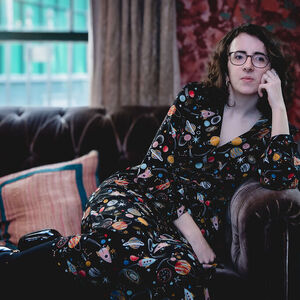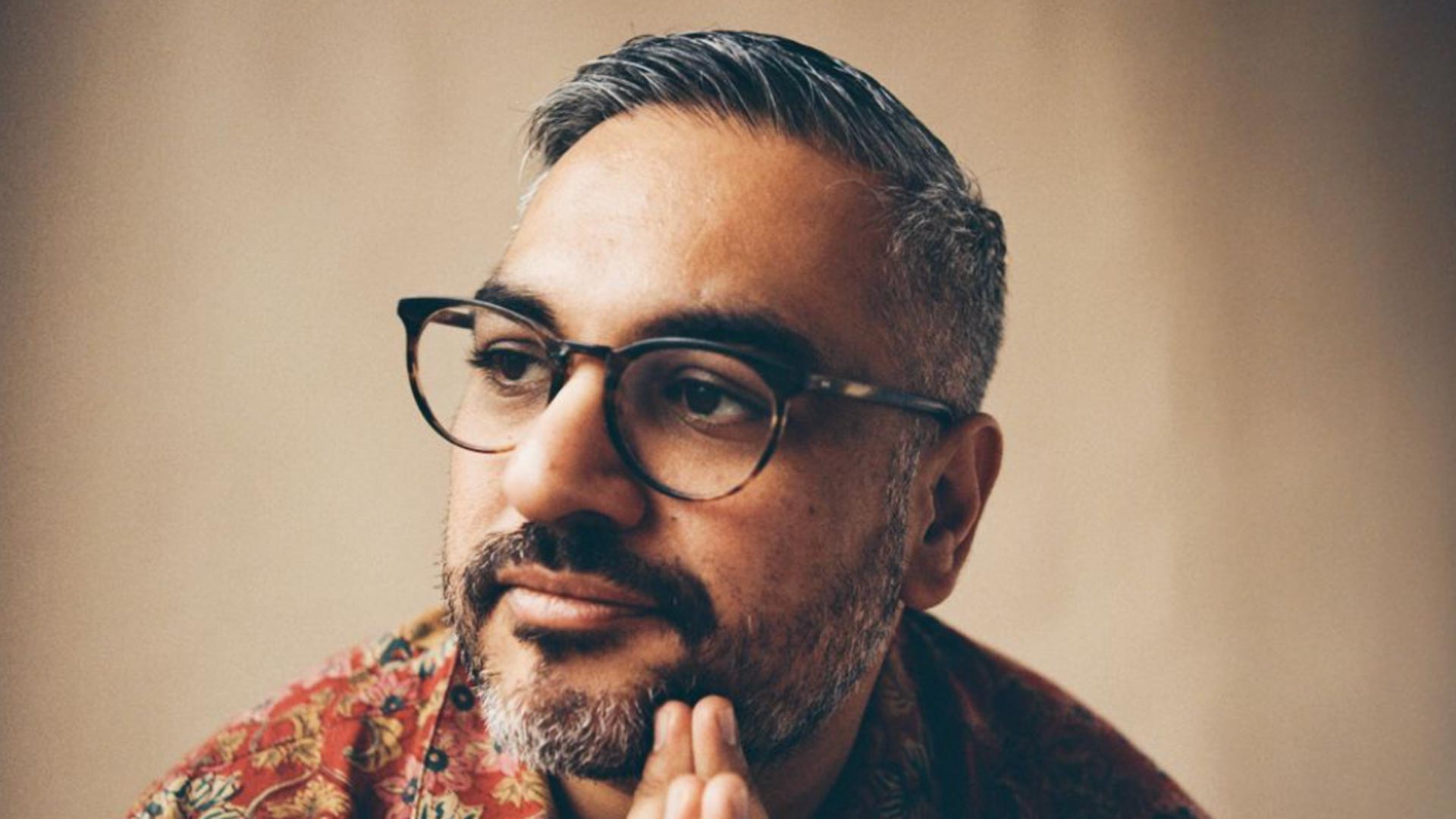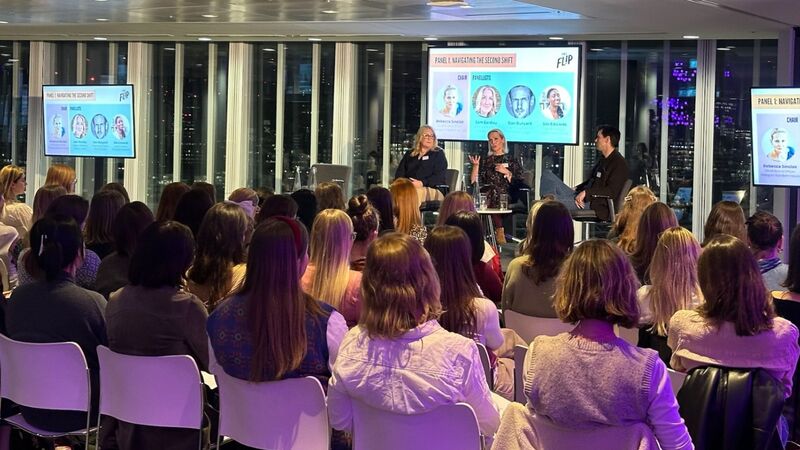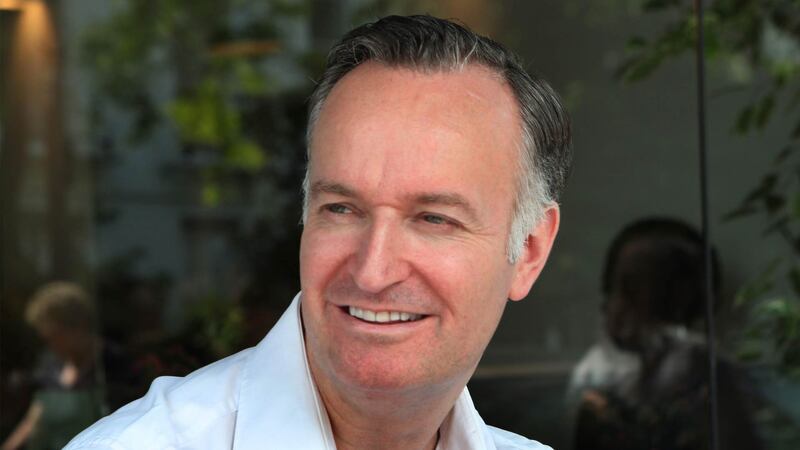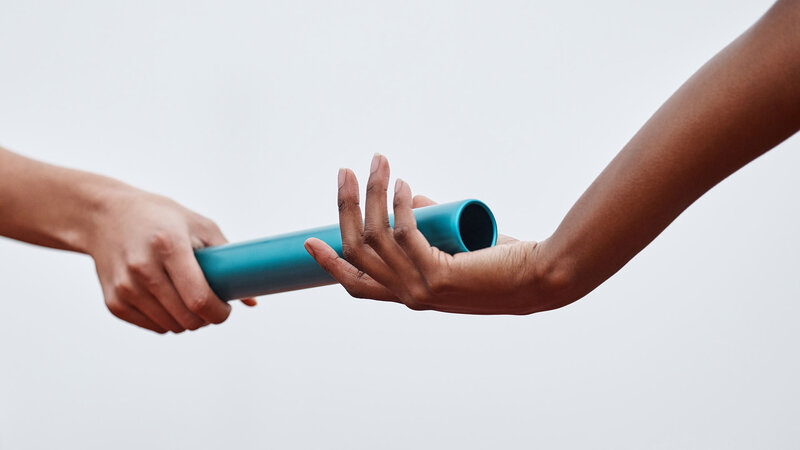You are viewing your 1 free article this month. Login to read more articles.
Bad news for good books
I am a ’diverse’ author. The TGLA was a lifeline.
When the "confidential announcement" dropped in my inbox almost two weeks ago, I was not surprised, just emotionally numb and sad. The Good Literary Agency, known affectionately as TGLA, will be closing at the end of March.
I am a "diverse" author, thanks to a litany of disabilities including Long Covid. I was raised in a single parent household, and not just for economic reasons. My background is as a freelance journalist, including my current position as editor of Disability Review Magazine. To write for a living has been marked by trying to be "enough" – in passing barriers of disability and gender – just to get anywhere at all. It is beyond exhausting.
Why should this context matter? To tell a good story should be the bottom line. But then why are children not reading as much as they used to? Maybe it’s because of a monopoly of children’s literature. Maybe they are bored by the same stories being told. We are failing to reflect this time, this place, this life. We need greater inclusion of all kinds, including disability, across the board.
The Good Literary Agency was a lifeline in this respect. I have to write against my body on borrowed time, owing to energy limits imposed by Long Covid, before giving in to enforced rest. I was made to tell stories – the kind that make friends say, often with an open mouth: "You should write a memoir!" That started to feel just that little bit more tangible on signing on a year ago to TGLA.
Publishing is built on so much incredible privilege that we have yet to reckon with. Querying for an agent for the first time was the most soul destroying exercise; my inbox became a home to a running commentary of the same invasive conversations and so-called well meaning conversations. How would you feel to be essentially told: "We already have one of you, so we can’t take you on too"? Or that you are too "niche" despite being a quarter of the UK’s population?
The last government census points out this seemingly much neglected fact. Thanks to the pressure cooker of care in the community, we have to rely on care from relatives and loved ones more than ever before. This makes "our fight" your fight, too. We are not "niche"; there are more disability books to come than ever before, from Rachel Charlton Dailey, Frances Ryan and so many other incredible writers. 2024 was also a significant year, with work from people such as Amy Arthur, Alice Wong, Tiffany Yu, Ellie Middleton and Lucy Webster – all on the subject of disability. How is that "niche"? "People like you" is still a phrase that emotionally stings, when used to deny opportunities based on my disability.
How would you feel to be essentially told: "We already have one of you, so we can’t take you on too"? Or that you are too "niche" despite being a quarter of the UK’s population?
Then there’s the fact that I am also a woman. Emma Gannon has written recently of the expectation of women having to bare their soul to be seen as interesting or authentic, over on her Substack newsletter; I can’t think of any male author I know who has had the same ask. I am not "inspiring" for just doing my job; I am not a tragedy, either. I am a human being.
A book I worked on for over a year now hangs in the balance. We don’t know if our agents will be accepted at other firms, or whether we will have representation from the end of March. My manuscript is a behind-the-scenes look at the criminal justice system and the police – for instance, how we got a criminal trial wrong and why it should worry us. A spin-off audio project was also in the works. I am more than willing to throw everything I have at this. But now I don’t know if I’ll be allowed the chance any more.
TGLA wishes to pass a baton on to the rest of the publishing industry, yet the lack of disability (or any other training) in publishers’ DEI policies stand out across the board. I want to see authors with any sort of historically underrepresented trait, background or perspective considered with the same legitimacy as our peers. If we tell you what’s wrong, proactive listening needs to be engaged and action taken – not just a wave off with a "we’ll do better next time!" The legal Reasonable Adjustments afforded by the Equality Act for disabled folks should be standard, without us having to constantly advocate for ourselves; it’s time consuming beyond belief to explain yourself, your mere existence, constantly.
To have an advocate like the TGLA was a lifeline – and those of us who are so often dismissed, misunderstood or mistreated need lifelines, more so than ever before.
